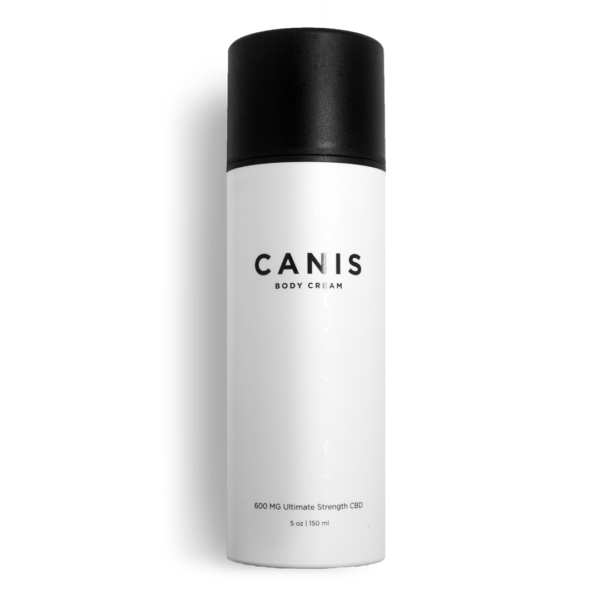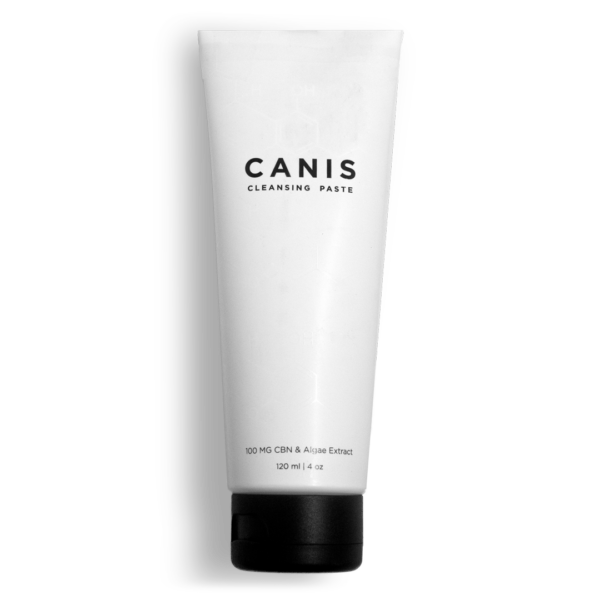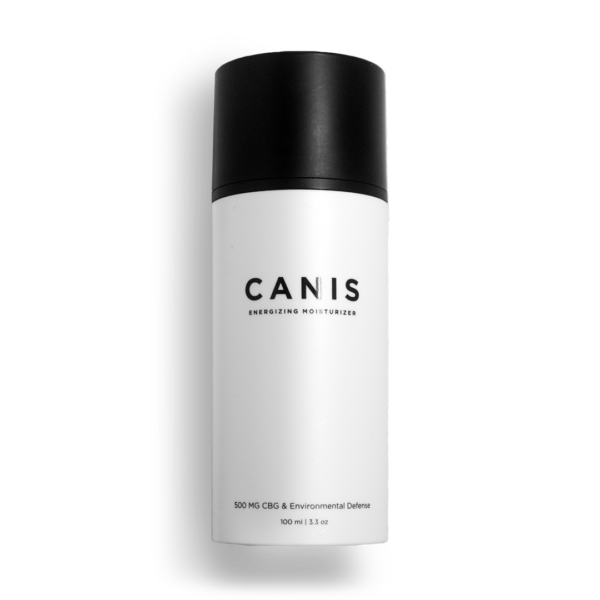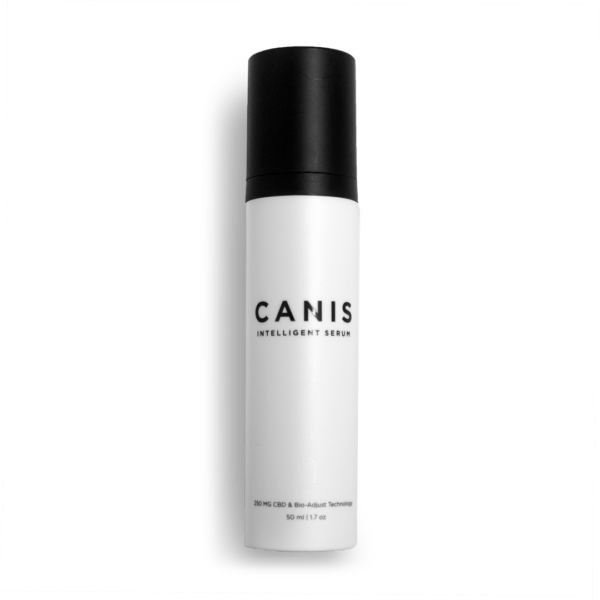Blog
CBD Benefits and Side Effects

CBD oil may help with pain, anxiety, and hunger in the same way that cannabis does, but without impacting your mental state. CBD has been shown to be effective in treating some types of seizures. CBD topicals are beneficial too.
Cannabidiol, one of the two active components in cannabis, is abbreviated as CBD. It’s a chemical found in cannabis that has significant health advantages. (THC stands for tetrahydrocannabinol.)
The cannabinoid found in the most potent type of marijuana, known as THC, is what gives you the “high” sensation. CBD oil does not contain THC, however traces might be present in preparations sold in certain jurisdictions.
CBD oil is extracted from cannabis plants using CO2 extraction. CBD hemp oil is high in THC but low in CBD, while CBDA hemp oil has a good balance of both cannabinoids. According to various studies, the most common ratio is 1:1 or 2:1 (THC to CBD), with some strains even more THC-dominant.
CBD pills, CBD gummies, and under-the-tongue CBD sprays are also available.
CBD does not have a significant connection with cannabinoid receptors in the brain, unlike THC. These are the compounds that THC binds to to create psychotropic effects.
CBD, on the other hand, acts on different receptors, such as opioid receptors that control pain. It also has an effect on glycine receptors. These regulate the neurotransmitter serotonin, which is known as “the feel-good” hormone in the brain.
CBD oil is a non-intoxicating substance derived from cannabis that has been used to treat symptoms of anxiety and depression. According to supporters, CBD oil can help with the following health issues:
- Acne
- Anxiety
- Chronic pain
- Depression
- Drug use and withdrawal
- Epilepsy
- Glaucoma
- High blood pressure
- Insomnia
- Muscle spasms
- Parkinson’s disease
- Poor appetite
As CBD has grown in popularity, more study has been done. However, there are only a few clinical trials on the effects of CBD oil presently being conducted.
Because of this, various health claims are more strongly based on evidence than others.
But if you’re thinking of using CBD oil to treat a health issue, talk to your doctor first.
Anxiety
CBD may help cure anxiety problems, according to a 2015 Neurotherapeutics review.
In animal studies, CBD was found to have strong anxiolytic properties, according to the study’s authors. However, the findings weren’t what you’d expect.
In many of the research, CBD doses as little as 10 mg/kg (mg/kg) per day reduced anxiety symptoms, but higher doses (100 mg/kg or more) had almost no effect.
CBD’s actions in the brain might explain why this occurs. CBD, in low doses, acts similarly to neighboring chemicals that typically bind to the receptor, “turning up” their signaling.
However, when CBD is used excessively, it may have the opposite result. This would counteract the beneficial effects of CBD.
CBD has not been studied extensively in humans for its anxiety-relieving capabilities. One of the few studies to look at CBD’s anxiety-reducing effects in people is a 2019 paper published in the Brazilian Journal of Psychiatry.
For the research, 57 males were given either CBD oil or a placebo (sugar pill) before delivering a public speech. Blood pressure and heart rate were used to calculate anxiety levels. They also utilized a well-known mood condition test called the Visual Analog Mood Scale (VAMS).
The men who were given 300 mg of CBD oil had less anxiety than those who received a placebo. The men who took 100 mg or 600 mg of CBD oil didn’t see these effects, either.
CBD Gummies and Their Benefits
CBD gummies are being used by consumers who want to alleviate chronic and acute pain while also having a pleasant flavor and being simple to consume. CBD oil may be difficult to administer. It’s a little difficult to measure your dosage in a dropper, Especially when you are on the go. You may not always tally the number of droplets correctly, and there is the danger of spillage. When you administer an incorrect dose, your results can be influenced, and it’s far from ideal when you’re dealing with pain. When you consume CBD gummies for pain, you know you’re receiving the same amount every time.
Furthermore, CBD gummies do not include the taste that often comes with CBD oil. Many consumers don’t seem to mind the flavor of CBD oil, but others find it to be extremely unpleasant. Rather, CBD gummies are delicious and come in many flavors. In reality, consuming a CBD gummy resembles eating a piece of candy rather than taking a supplement. For example, Canis created CBD gummies for pain that enhance every moment with real fruit flavors. Canis gummies offers all-natural, hemp-derived CBD gummies that provide a sense of well-being.
Finally, research suggests that combining CBD with food improves bioavailability and increases blood level concentrations, making them even more effective.
CBD gummies are a simple and readily available way to ingest CBD, and they might help with any pain you’re experiencing. This is just one of the many ways that you can use and take CBD for Wellness and Health. Take a look at our other blog posts for more information about CBD and more reasons and ways to utilize it!
Addiction
According to a 2015 study published in the journal Substance Abuse, CBD oil may aid those suffering from substance use disorder.
A team of experts conducted a meta-analysis of 14 prior research papers. The effects on animals were studied in nine publications, while the effects on humans were investigated in five studies.
CBD was found to be helpful in treating people addicted to opioids, cocaine, or psychostimulants.
However, CBD’s effect on each type of addiction was quite different.
CBD alone did not alleviate opioid withdrawal symptoms, according to one study. It reduced drug-seeking behaviors in cocaine, methamphetamine, and other similar drugs users, but it also decreased the amount of time they were willing to wait for their next hit.
Some physicians believe CBD may aid in the treatment of cannabis and nicotine addiction, but additional study is needed.
Nerve Pain
People with severe pain that can’t be relieved by medicines may receive medical cannabis as a last resort. Terminal cancer patients, for example, might use marijuana as a palliative treatment to ease their suffering. There’s some evidence suggesting CBD has a role in this effect.
A 2012 research published in the Journal of Experimental Medicine is one of several interesting studies. Rats were injected with irritants that cause inflammation to see what would happen. They then provided the rats with CBD.
CBD has been shown to be beneficial in the treatment of arthritis by reducing inflammation and nerve pain (pain caused by damage to nerves).
CBD binds to receptors in the brain that control the speed at which nerve signals pass between nerve cells, according to researchers.
However, there are only a few studies on the effectiveness of CBD in treating chronic pain in humans. The majority of the research that does exist almost always includes THC. This makes it difficult to pinpoint CBD’s distinct effects.
High Blood Pressure
According to a 2017 research published in JCI Insight, CBD oil may help decrease the incidence of heart disease by lowering blood pressure in certain individuals.
For the research, nine healthy men received either 600 mg of CBD or a placebo. Blood pressure was lower in the men who received CBD before and after stressful events, such as exercise or extreme cold.
We also looked at stroke volume (the amount of blood left in the heart after a beat). The stroke volume in the CBD-treated men was lower than that of the placebo group, indicating that their hearts were working more effectively.
According to the new research, CBD oil may be a useful supplement for individuals with high blood pressure who are affected by stress and anxiety.
However, there is currently no scientific evidence that CBD oil can be used to treat high blood pressure on its own or prevent it in those who are at risk. While stress may exacerbate high blood pressure, it cannot cause it.
Seizures
Epidiolex, a CBD oral solution, was approved by the U.S. Food and Drug Administration (FDA) in June 2018.
Epidiolex is a pharmaceutical drug derived from cannabis that is used to treat two severe forms of childhood epilepsy: Dravet syndrome and Lennox-Gastaut syndrome. The occurrence of these disorders is exceedingly rare, and they result in lifelong seizures that begin in the first year of life.
The effectiveness of CBD in treating seizures is unproven outside of these two conditions. Although Epidiolex is the first drug specifically designed to treat Dravet syndrome, it’s uncertain if CBD has anti-seizure effects.
CBD interacts with seizure drugs such as Onfi (clobazam) and improves their blood concentration, according to some studies. However, further study is needed.
Recap
CBD oil can help with a variety of ailments, including stress, anxiety, seizures, drug cravings, and nerve discomfort. However, taking higher dosages doesn’t necessarily mean it will work more effectively. There are a slew of reasons why cannabidiol might work. It appears to have anti-inflammatory, anticonvulsant, neuroprotective, and cancerous tumor-suppressing effects in animal studies. Many research on CBD have been done on animals, making it difficult to know if these same results will apply to people.
Adverse Reactions and Drug Interactions
CBD oil can cause unwanted side effects, according to clinical studies. The severity and kind of the reaction vary from person to person.
You may experience the following undesirable effects after using cbd:
- Anxiety
- Changes in appetite
- Changes in mood
- Diarrhea
- Dizziness
- Drowsiness
- Dry mouth
- Nausea
- Vomiting
It’s not yet clear whether or how often people who use CBD oil develop any of the side effects described above. Cannabidiol (CBD) can cause a variety of adverse effects in humans, including anxiety, sleep problems, and vomiting. CBD oil has also been shown to raise liver enzymes in lab studies when individuals were given high doses over
CBD oil should not be taken by pregnant or nursing women. Marijuana is dangerous during pregnancy, according to the American Academy of Pediatrics. Although CBD’s effects are unknown, it does get through the placenta.
When you use CBD oil, don’t drive or operate heavy equipment since some of the components may contain THC. This is especially vital when starting therapy or switching brands.
Interactions
CBD oil can interact with several medications, including those used to manage epilepsy.
A particular type of protein, cytochrome P450 (CYP450) is involved in the breakdown of many medications. However, CBD oil may inhibit CYP450 from operating as it should. Because CBD oil interacts with receptors in the body, it may either enhance or reduce the effectiveness of medicines you take.
CBD may interact with a variety of drugs, including the following:
- Anti-arrhythmia drugs Such as quinidine
- Anticonvulsants Such as Tegretol (carbamazepine) and Trileptal (oxcarbazepine)
- Antifungal drugs Such as Nizoral (ketoconazole) and Vfend (voriconazole)
- Antipsychotic drugs Such as Orap (pimozide)
- Atypical antidepressants Such as Remeron (mirtazapine)
- Benzodiazepine sedatives Such as Klonopin (clonazepam) and Halcion (triazolam)
- Immune-suppressive drugs Such as Sandimmune (cyclosporine)
- Macrolide antibiotics Such as clarithromycin and telithromycin
- Migraine medicine Such as Ergomar (ergotamine)
- Opioid painkillers Such as Duragesic (fentanyl) and alfentanil
- Rifampin-based drugs used to treat tuberculosis
Let your healthcare provider and pharmacist know if you’re interacting with individuals who are on medicines. This includes both prescription, over-the-counter, herbal, and recreational medicines.
Milder consultations are frequent, and they do not necessitate a change in therapy. Others may require you to alter your medications or split dosages by several hours.
Of course, never make changes to your medication regimen unless your doctor approves.
Conclusion
When you take CBD oil, you might feel sick to your stomach, have loose stools, or be dizzy. Don’t use CBD oil if you’re pregnant or breastfeeding. Furthermore, CBD oil has an effect on how your body breaks down medicines, so please consult with your doctor before using it.
Dosage and Preparation
There are no hard and fast rules for how CBD oil should be used. CBD oil is usually taken by placing one or more drops under the tongue and holding it there for 30 to 60 seconds before swallowing.
There is no precise or “correct” dose of CBD oil. The daily dosage may vary between 5 mg and 25 mg, depending on your demands and what you are treating.
The tricky part is determining the precise amount of CBD in each milliliter of oil. Some tinctures contain 1,500 mg per 30 mL, while others have 3,000 mg per mL (or more).
The majority of oils are sold in 30-mL dropper bottles with a dropper cap.
How to Determine CBD Dose
To determine the correct dose of CBD, keep in mind that each drop of oil contains 0.05 mL of fluid. Because the dropper holds 30 mL, that means a 30-mL bottle of CBD oil has 600 drops. If the tincture’s concentration is 1,500 mg per millilitre, one drop would contain 2.5 mg of CBD (1,500 mg ÷ 600 drops = 2.5 mg).
Capsules, gummies, and sprays are simpler to dose, but they are also more expensive.
What to Look For
CBD oil may be found in a variety of forms. Isolates are only comprised of CBD, whereas full-spectrum oils contain several components from the cannabis plant. Proteins, flavonoids, terpenes, and chlorophyll are among them.
There is no clear proof that these compounds provide more important health benefits, according to alternative medicine practitioners.
Keep in mind that CBD oils are largely unregulated, so there’s no assurance that a product is safe, effective, or what it claims to be on its packaging.
Only 31% of CBD products sold online were correctly labeled in a 2017 research, which found that just 31% were correctly labeled. The majority had less CBD than advertised, while 21% contained substantial amounts of THC.
Here are some pointers to assist you in selecting the finest CBD oil:
Buy American: CBD oil manufactured domestically may be less dangerous.
Choose organic: Organic food is less likely to contain pesticides and other hazardous chemicals than non-organic food.
Read the product label: Even if you choose a full-spectrum oil, don’t assume that every ingredient on the product label is natural. There may be preservatives, flavorings, or thinning agents that you don’t want or need. If you don’t recognize an ingredient, ask the dispenser what it is or check online.
Is hemp oil the same as CBD oil?
It’s possible that they refer to the same thing. While some people believe these names are interchangeable, hemp oil may also be used for hemp seed oil, which is utilized in cooking, food production, and skincare products.
CBD oil is a cannabis-derived (or hemp-derived) oil that has less than 0.3 percent THC and can be consumed through foods or used topically. Hemp oil comes from Cannabis sativa seeds and contains no TCH.
Summary
CBD oil, unlike THC found in marijuana, does not make you high. It includes a chemical called cannabidiol that might help with stress and anxiety, as well as drug cravings and pain.
CBD oil may impact how your body breaks down certain drugs. This might alter the drugs’ effect, which can be harmful. Before you use CBD oil, talk to your doctor about any pharmaceuticals you take or have liver disease.






